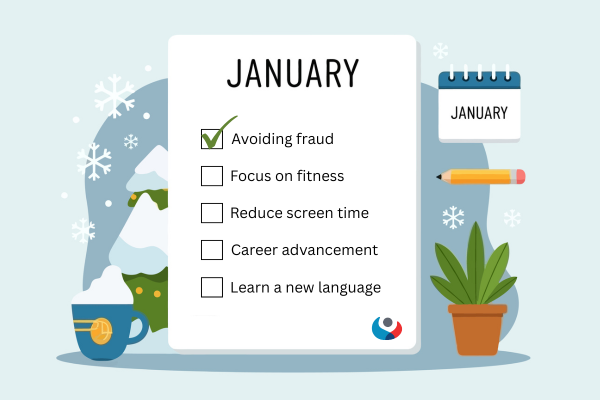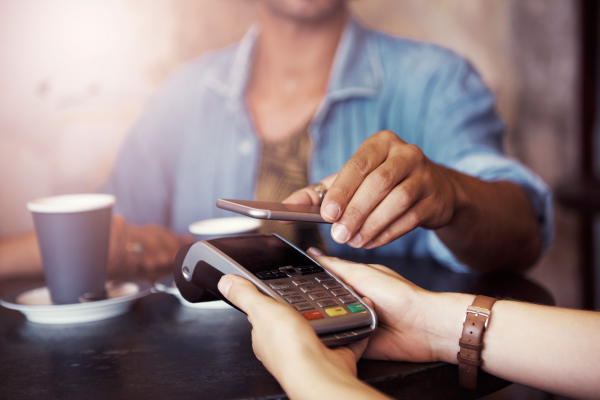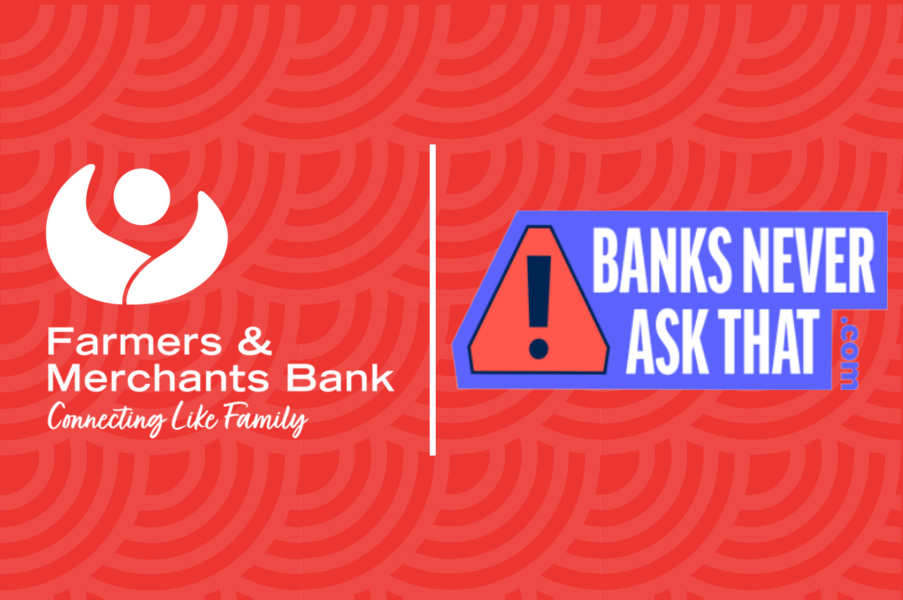
The Blog
Computer Security Tips
Digital BankingScams
Jun. 06, 2025

We use our computers for everything- banking, shopping, work, school, and staying in touch with friends and family. That is why it is so important to keep them secure. Cybercriminals are always looking for ways to steal personal information, but with a few basic habits, you can protect yourself and your data.
Keep your Software up to Date
One of the best ways to stay safe is to update your software regularly. This includes your operating system, web browser, apps, and antivirus. Updates often fix security issues, so turning on automatic updates is a smart move.
Use Strong, Unique Passwords
Avoid simple passwords like “123456” or using the same password for every account you have. A strong password, as Ben Paulson, a Farmers and Merchants Bank IT Administrator, says should include both length and complexity. Ben recommends a “passphrase” which includes a couple of words that are both easy to remember and difficult to guess.
Turn On Two-Factor Authentication (2FA)
Whenever a website or app offers it, enable two-factor authentication. It adds an extra step, like a code sent to your phone, when logging in. Even if someone guesses your password, they won’t be able to get in without that second code.
Be Careful With Links and Attachments
Phishing scams are everywhere. If you get an email or message with a link or file that seems odd or unexpected, don’t click it. Even if it looks like it is from someone you know, double-check before opening everything.
Use Secure Wi-Fi Networks
Avoid using public Wi-Fi for sensitive activities like logging into bank accounts. If you have to use public Wi-Fi, consider using a VPN (virtual private network) to keep your connection secure.
Back Up Your Files
Accidents happen, whether it is a virus, hardware failure, or accidentally deleting something important. Keep backups of your important files, either on an external hard drive or in the cloud, so you don’t lose anything valuable.
Lock Your Devices When Not in Use
If you step away from your computer or phone, lock it with a password, fingerprint, or facial recognition. This keeps others from accessing your data if they get their hands on your device.
You don’t need to be a tech expert to stay safe online. Just a few small habits can make a big difference. The more you do to protect your devices, the more secure your personal information will be.





